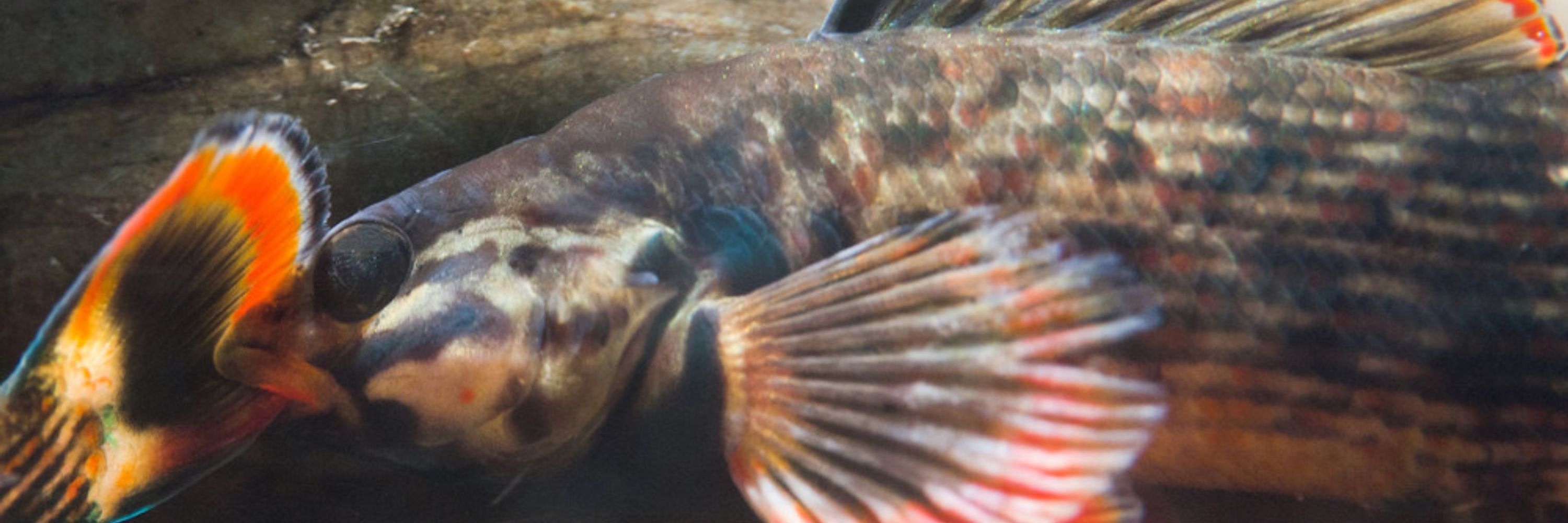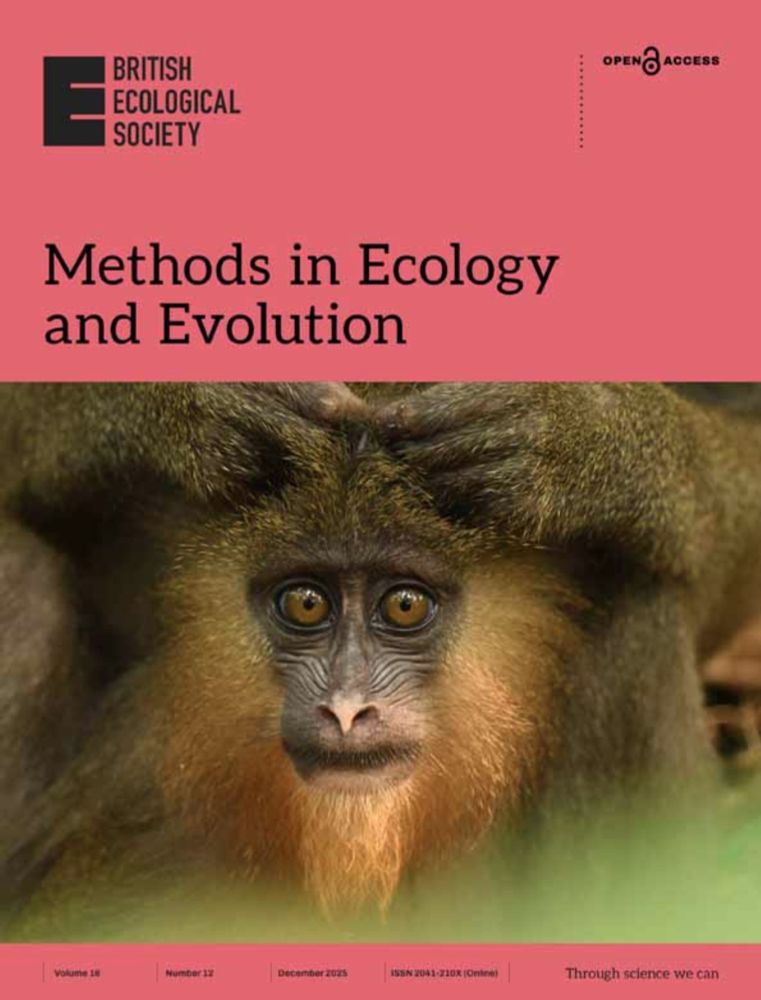
Professor @ UW | ecologist | freshwater | consumer of flat whites & craft 🍺 | gentle 🐟 squeezer | 🇨🇦 | EiC Water Biology and Biosecurity | AE @ESA Frontiers and Eco Apps | www.oldenfish.com | Views are my own ✊

Article: doi.org/10.1038/s418...
Policy Brief: doi.org/10.1038/s418...
Rivers Explorer: map.myriver.americanrivers.org
Collaboration b/t American Rivers, Conservation Science Partners, Univ WA @americanrivers.bsky.social
Thread 👇 | DM for PDF

Reposted by Julian D. Olden

www.forbes.com/sites/jeffop...
Reposted by Julian D. Olden




We're so excited to introduce the editors of our editorial team! Stay tuned for the remaining editors and other updates!
Reposted by Julian D. Olden



Our brand new peer-reviewed research with Conservation Science Partners published in Nature Sustainability shows just how vulnerable our rivers are.
➡️ Learn more: www.americanrivers.org/npra-explore...

@uwsafs.bsky.social @uwenvironment.bsky.social @uwfreshwater.bsky.social
👇
esajournals.onlinelibrary.wiley.com/doi/10.1002/...
Reposted by Julian D. Olden

besjournals.onlinelibrary.wiley.com/doi/10.1111/...



Reposted by Julie L. Lockwood
Survey of hobbyists indicates that over half engage in peer-to-peer organism exchange, transport across state lines & release them into the wild.
AI Podcast: open.substack.com/pub/oldenfis....
Paper: www.reabic.net/journals/mbi...

Reposted by Julie L. Lockwood, Trevor A. Branch

Reposted by Julian D. Olden


Reposted by Joaquín Hortal

